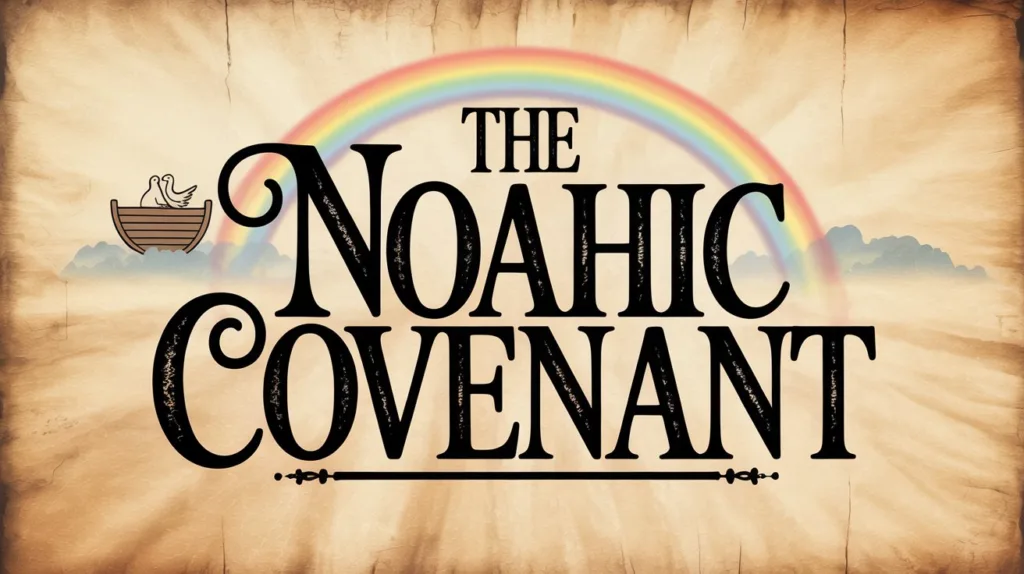Hebron is one of the most ancient and significant cities in the biblical record. It is first mentioned in Genesis 13:18, where ai/”>Abram dwelled by the terebinth trees of Mamre, which are in Hebron, and built an altar to the Lord. This location marked a place of communion and covenant between God and Abram.
In Genesis 23, Hebron becomes the site of Sarah’s death and burial. Abraham purchased the cave of Machpelah from Ephron the Hittite as a burial site, establishing the first piece of land legally owned by the patriarchs in Canaan. This cave became the family tomb, where Abraham, Isaac, Rebekah, Jacob, and Leah were also buried (Genesis 49:29–31; 50:13).
Hebron was associated with the patriarchs as a city of residence and burial. Later, it became a significant city during the conquest of Canaan. Caleb, one of the faithful spies, requested and was granted Hebron as his inheritance, declaring his faith in God’s promise (Joshua 14:12–14). He drove out the giants, the descendants of Anak, from the region (Joshua 15:13–14).
Hebron also played an important role in the monarchy of David. After the death of Saul, David was anointed king over the tribe of Judah in Hebron and reigned there for seven and a half years before moving his throne to Jerusalem (2 Samuel 2:1–4; 5:5). It was in Hebron that many of David’s sons were born (2 Samuel 3:2–5).
Hebron later became a Levitical city and one of the cities of refuge (Joshua 21:11–13), signifying its continued spiritual and legal importance in Israel.
Theologically, Hebron represents the faith of the patriarchs, the inheritance of promise, and the fulfillment of God’s word. It stands as a testament to God’s covenant, the courage of Caleb, and the early reign of David as king.





 Get the book that teaches you how to evangelize and disarm doctrines from every single major cult group today.
Get the book that teaches you how to evangelize and disarm doctrines from every single major cult group today.